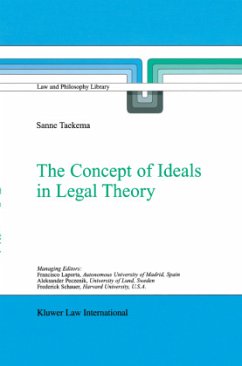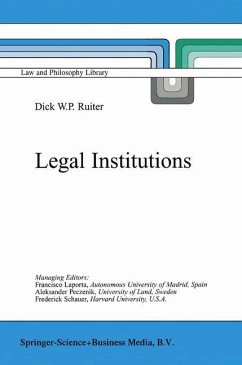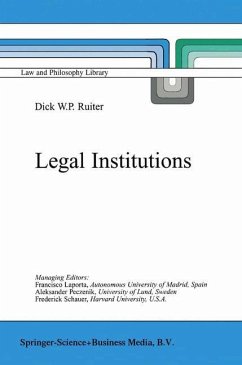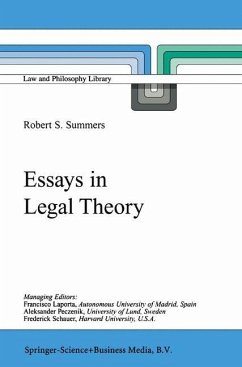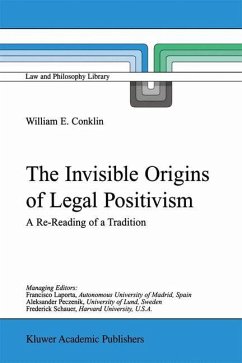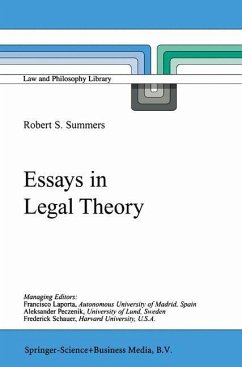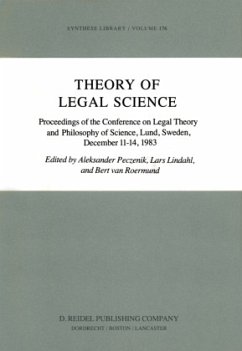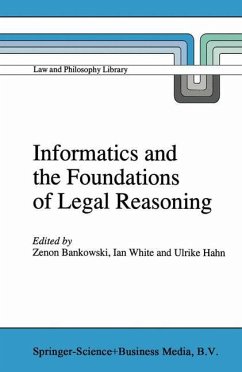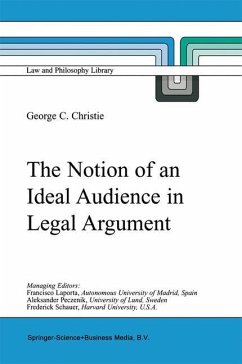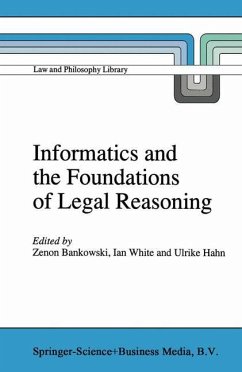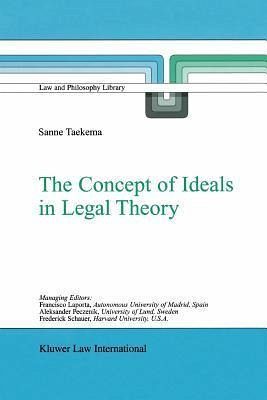
The Concept of Ideals in Legal Theory

PAYBACK Punkte
38 °P sammeln!
Talk about law often includes reference to ideals of justice, equality or freedom. But what do we refer to when we speak about ideals in the context of law? This book explores the concept of ideals by combining an investigation of different theories of ideals with a discussion of the role of ideals in law. A comparison of the theories of Gustav Radbruch and Philip Selznick leads up to a pragmatist theory of legal ideals, which provides an interesting new position in the debate about values in law between legal positivists and natural law thinkers. Attention for law's central ideals enables us ...
Talk about law often includes reference to ideals of justice, equality or freedom. But what do we refer to when we speak about ideals in the context of law? This book explores the concept of ideals by combining an investigation of different theories of ideals with a discussion of the role of ideals in law. A comparison of the theories of Gustav Radbruch and Philip Selznick leads up to a pragmatist theory of legal ideals, which provides an interesting new position in the debate about values in law between legal positivists and natural law thinkers. Attention for law's central ideals enables us to understand law's autonomous character, while at the same time tracing its connection to societal values.
Essential reading for anyone interested in the role of values or ideals in law.
Essential reading for anyone interested in the role of values or ideals in law.





